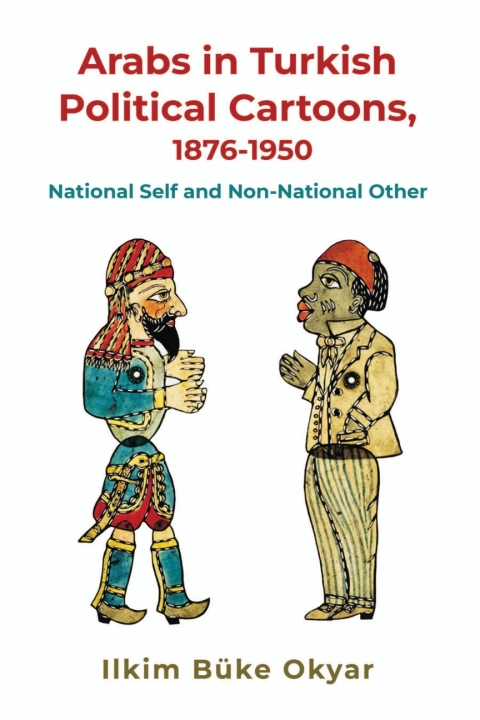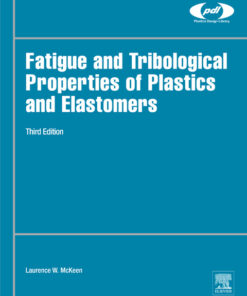Arabs in Turkish Political Cartoons, 1876-1950 National Self and Non-National Other Ebook (nilibook.shop)
$25.00
Ilkim B’ke Okyar
Arabs in Turkish Political Cartoons, 1876-1950
National Self and Non-National OtherThe emergence of Turkish nationalism prior to World War I opened the way for various ethnic, religious, and cultural stereotypes to link the notion of the “Other” to the concept of national identity. The founding elite took up a massive project of social engineering that now required the amplification of Turkishness as an essential concept of the new nation-state. The construction of Others served as a backdrop to the articulation of Turkishness ‘and for Turkey in many ways, the Arab in his keffiyeh and traditional garb constituted the ultimate Other.
In this nuanced and richly detailed study, Ilkim B’ke Okyar brings the everyday production of nationalist discourse into the mainstream political and historical narrative of modern Turkey. Okyar shifts the focus of inquiry from the abstract discourses of elite intellectuals to the visual rhetoric of popular culture, where Arabs as the non-national Others hold a front seat. Drawing upon previously neglected colloquial Turkish sources, Okyar challenges the notion that ethnoreligious stereotypes of Arabs are limited to the Western conception of the Other. She shows how the emergence of the printing press and the subsequent explosion of news media contributed to formulating the Arab as the binary opposite of the Turk. The book shows how the cartoon press became one of the most significant platforms in the construction, maintenance, and mobilization of Turkish nationalism through the perceived image of the Arab that was haunted forever by ethnic and religious origins.ISBN: 9780815637974, 0815637977











